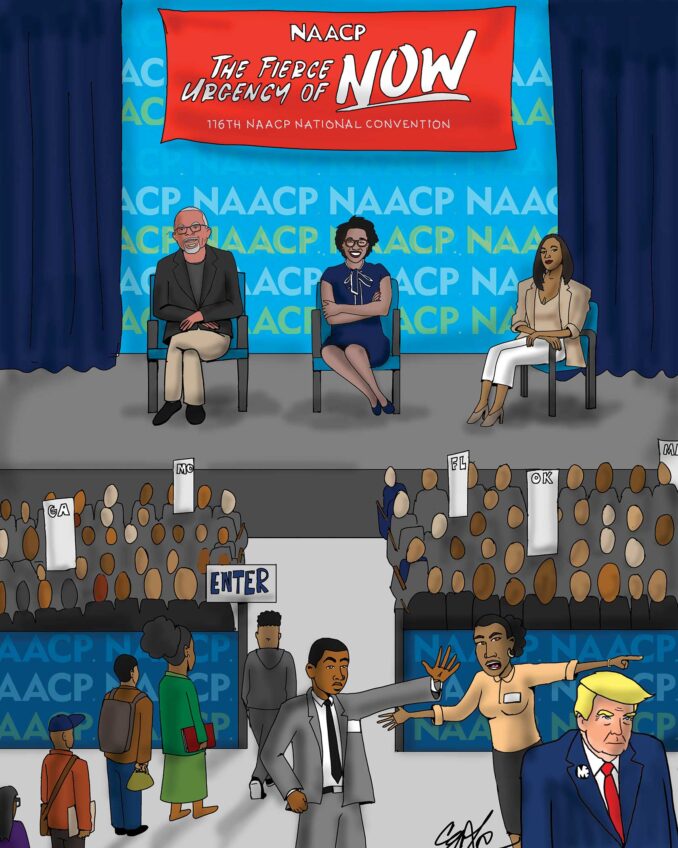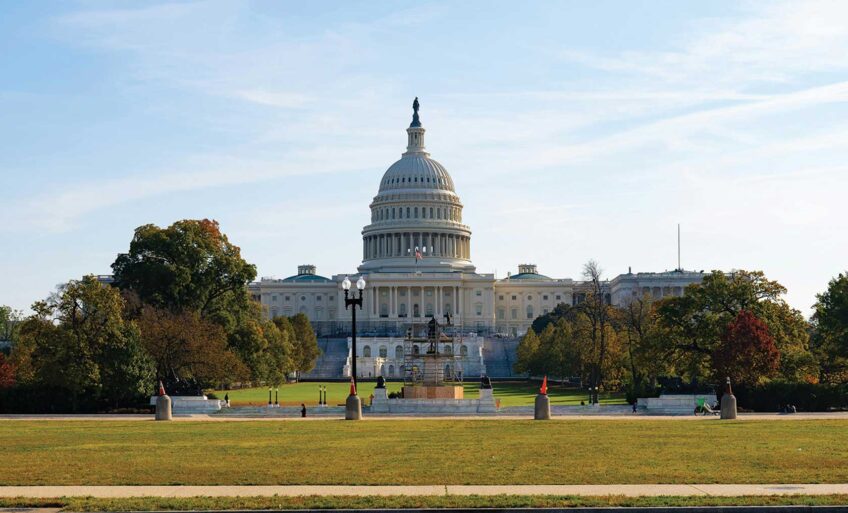After more than a year of COVID-19, the nation’s collective ability to cope with dual public health and economic crises has diminished many consumers’ ability to remain financially stable. While this February’s national employment report by the Bureau of Labor Statistics showed a net gain of 379,000 jobs, and white unemployment dropped to 5.6%, there was no corresponding improvement for Black and Latino workers. For them, unemployment was higher, at 9.9% and 8.5%, respectively.
As most workers receive their health insurance through their employers, unemployed people often lose that insurance as well as their incomes. It’s one thing to become ill, but it’s a compounded difficulty when you’re sick and out of a job at the same time.
As Black America faces yet again another unequal economic recovery, a recent report to Congress on the Fair Debt Collection Practices Act (FDCPA) substantiates this claim. This consumer law governs debt collection practices, legally prohibiting debt collection companies from using abusive, unfair or deceptive practices to collect past due bills for mortgage, credit cards, medical debt, personal or other household debts. It does not include protections for business debts.
Released in early March, the 2021 report, jointly prepared by the Federal Trade Commission (FTC) and the Consumer Financial Protection Bureau (CFPB) reveals stark findings of consumers’ financial stress. In the first quarter of last year, consumer debt grew to $14.3 trillion. By the third and fourth quarters of 2020, non-housing debt respectively reached increases of $15 billion and $37 billion.
Credit and consumer reporting complaints accounted for more than 58% of complaints received, followed by debt collection (15%), credit card (7%), checking or savings (6%), and mortgage (5%).
Consumers submitted approximately 32,100 complaints mentioning coronavirus or related keywords in 2020. In all of 2020, 70 million consumers — one in three with a credit file – were contacted by at least one creditor or collector trying to collect one or more debts.
The 2020 tally for all CFPB complaints — across all credit areas — was approximately 542,300, a nearly 54% increase over the approximately 352,400 complaints handled in 2019.
Last year, the FTC filed or resolved seven debt collection cases against 39 defendants and obtained $26 million in judgments. Similarly, two CFPB judgments ordered nearly $15.2 million in consumer redress and $80,000 in civil money penalties.
The Asset Funders Network (AFN), an alliance of philanthropists pledged to equitable wealth-building and economic mobility, also recently published a policy brief that found one-third of households with medical debt also have student loan debt, and 43% of families with legal debts also have medical debt.
According to AFN, more than one in five adults experience an unanticipated medical expense in a year. When medical emergencies arise, household spending averages $3,000 per person per year, with more than one-third of that expense attributable to out-of-pocket medical costs for the insured. For the uninsured, medical debts amass even more quickly, and often in states that did not expand Medicaid coverage for low-wage workers.
In part the brief states, “Medical debt disproportionately impacts communities of color, perpetuating and exacerbating the racial wealth gap by draining cash flow that other households without medical debt can save or invest. Racial inequities in income, wealth and insurance coverage play a role in the prevalence and burden of medical debt … Black non-elderly adults are 1.5 times more likely, and Latinx and Native American non-elderly adults are 2.5 times more likely, to be uninsured than non-elderly White adults. With less access to insurance, people of color are more likely to face higher medical costs and challenges paying their medical bills.”
Earlier this year, the Center for Responsible Lending (CRL) also took a public stance on debt collection — in particular wage garnishment and bank levy protections.
To remedy debt collection seizures of all available financial resources, CRL advocates that families be shielded from debt collectors by allowing consumers to retain $12,000 in a bank account over a three-month period to cover food, housing, transportation and medical care.
“The COVID-19 crisis has resulted in high levels of unemployment around the nation and recovery will take months, if not years,” states CRL. “The federal government must protect $12,000 in a bank account, and approximately $1,000 in wages per week, to help families establish and build financial security.”
Charlene Crowell is a senior fellow with the Center for Responsible Lending.






